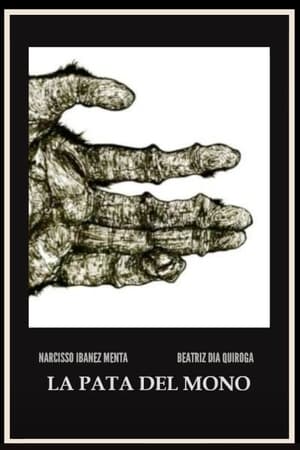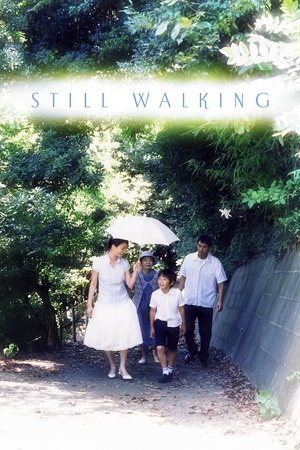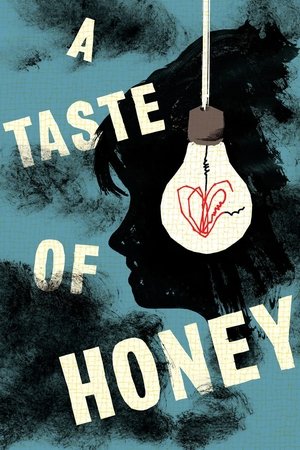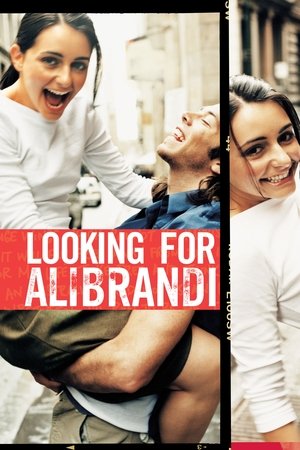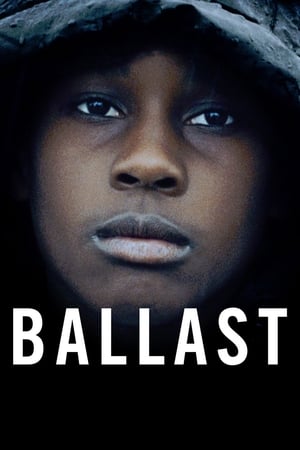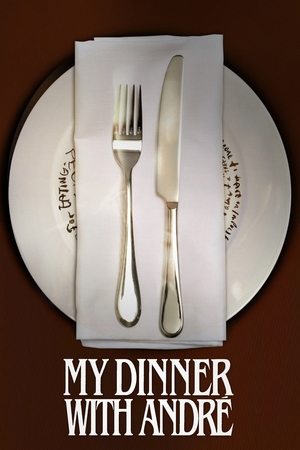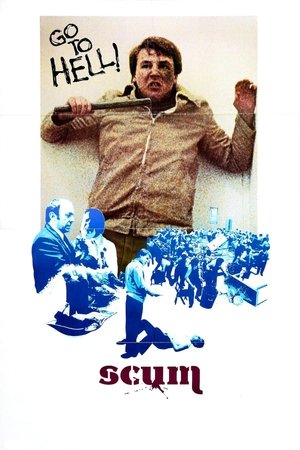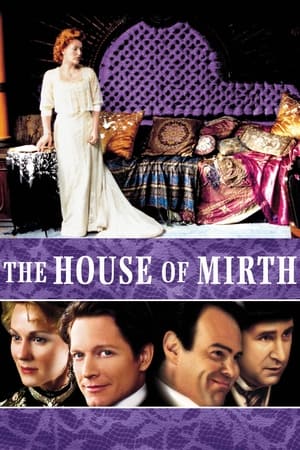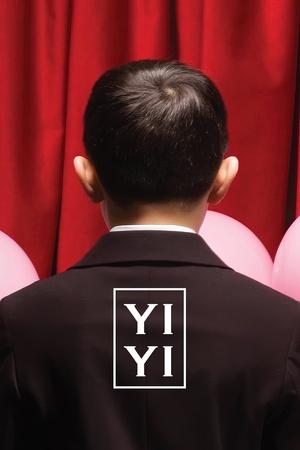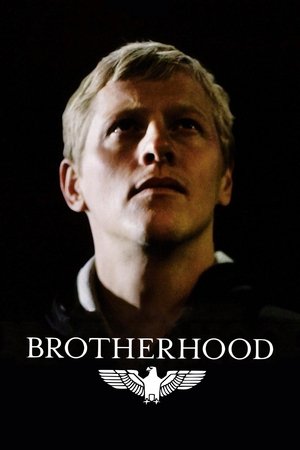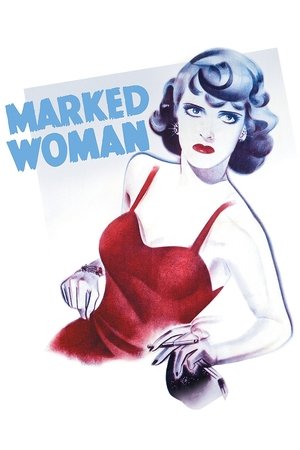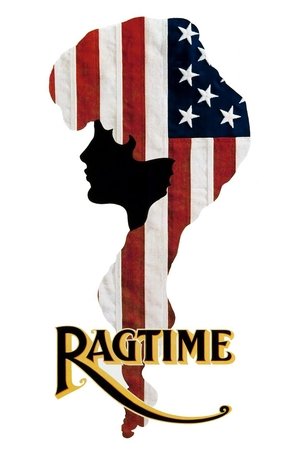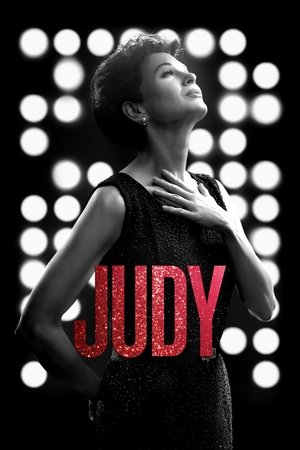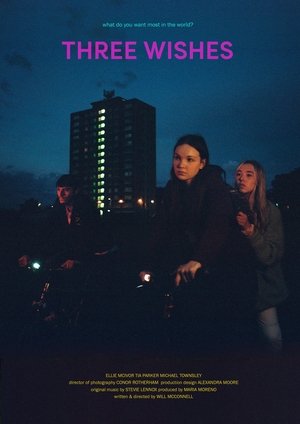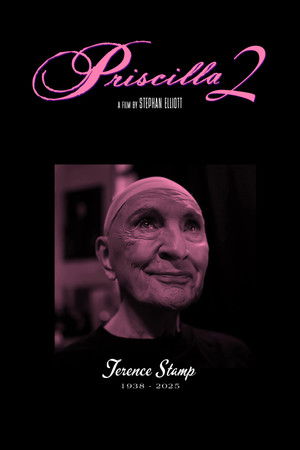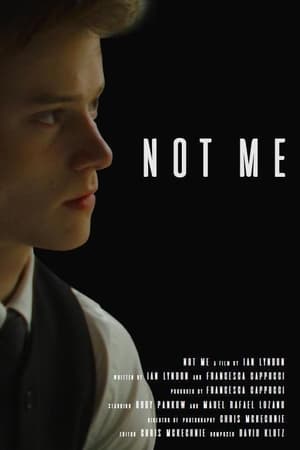Beth (Sophia Lillis) is older than her years. She feels out of place in her native small town. For example, her grandpa behaves like a typical dork, and Beth's father tries to imitate him. Women in the family generally know their place – it’s in the kitchen. The only person who is able to pull the girl out of this melancholy is her uncle Frank (Paul Bettany), a professor from New York, who left the city a long time ago and rarely visits Beth.
Beth cannot help but notice how sophisticated Frank is, and thanks to his inspiring speeches, the girl was able to enter the university in New York. Only Frank is gay. Having barely processed this news, Beth must return home: to say goodbye to her grandfather who suddenly passed away. Frank also embarks on a journey to honor his father's memory, and Frank's lover joins along the way.
It's clear that the concept of Uncle Frank resembles any other coming-of-age film. The humor here is not very confident, and the relationships did not come out as dynamic as they could be. Surprisingly, the script unfolds more precisely in those moments that are focused on Frank, not Beth. The tragedy of the past and the tragedy of the present are intertwined, which is accompanied by tears, arguments, hugs, and self-reflection.
The main advantage of the movie is, of course, Paul Bettany: he is sophisticated, polite, but it is clear that his character has strong psychological scars. Although Beth is more of a narrative tool than a character, Sofia Lillis's talent should be noted.
Uncle Frank is both a coming-of-age movie, a road movie, and a gay drama. The main point is clear: you have to stay true to yourself. Be who you want to be – such a moral will suit, perhaps, teenagers. But the main idea is still that every person needs love.

 95 min
95 min
 7.303
7.303
 2020
2020
 USA
USA
 Peter McGinn wrote:
Peter McGinn wrote:
